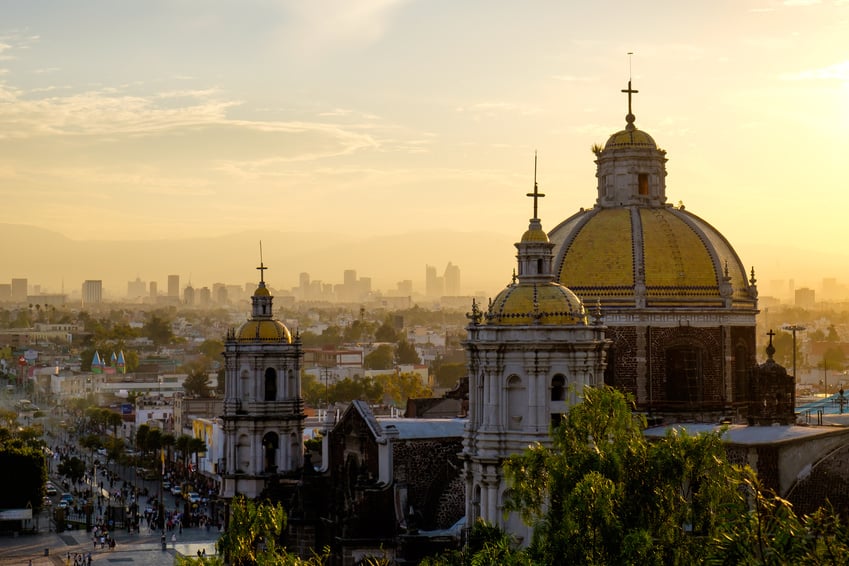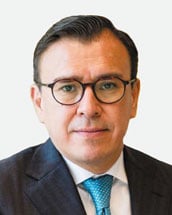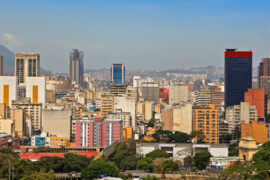On March 27, President López Obrador issued an executive order establishing extraordinary actions to be taken to combat COVID-19. The order was published in the Federal Official Gazette.
This executive order provides that the Secretary of Health will be able to use all existing resources (which may include infrastructure as well as other fixed assets) in the public, private and social sectors, to respond to the COVID-19 outbreak, without obtaining prior authorization.
In addition, procurement for domestic and overseas goods, services, merchandise and materials related to the Secretary’s response to the COVID-19 pandemic, will be exempted from competitive bidding procedures. The Secretary must avoid price speculation and stockpiling of necessary essential supplies. To increase supplies, the Secretary of Health may import and authorize imports of needed products, without complying with regular administrative procedures.
Despite the foregoing, the Secretary of Public Administration issued an official communication establishing that Internal Control Bodies will be responsible for oversight of government purchases to prevent, detect and address corruption risks in the health sector. Additionally, she emphasized that the Citizen Reporting System — a reporting mechanism allowing citizens to report administrative offenses or corruption by public officials or private parties — continues to operate and is receiving reports electronically.




